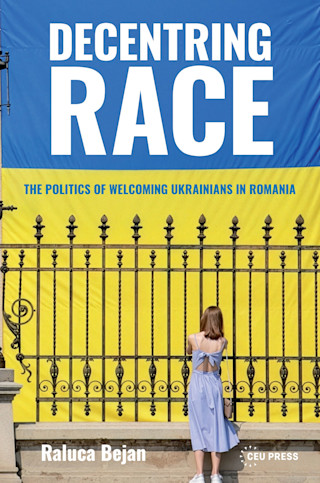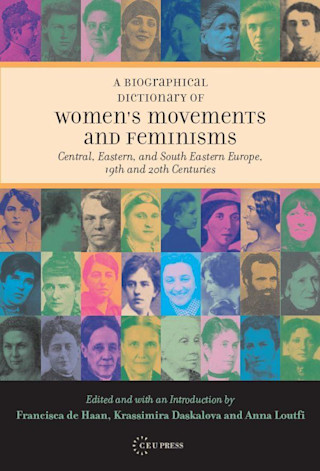
Natalie Zemon Davis
Listening to the Languages of the People
Lazare Sainéan on Romanian, Yiddish, and French
This tale of great achievements and great disappointments offers a fresh perspective on the interplay between scholarship and political sentiment in the late nineteenth and early twentieth centuries.
Lazăr Șăineanu (1859-1934), linguist and folklorist, was a pioneer in his native Romania, seeking out the popular elements in culture along with high literary ones. He was among the first to publish a study of Yiddish as a genuine language, and he uncovered Turkish features in Romanian language and customs. He also made an index of hundreds of Romanian folktales. Yet when he sought Romanian citizenship and a professorship, he was blocked by powerful figures who thought Jews could not be Romanians and who fancied the origins of Romanian culture to be wholly Latin. Faced with anti-Semitism, some of his friends turned to Zionism. Instead he tried baptism, which brought him only mockery and shame.
Hoping to find a polity to which he could belong, Șăineanu moved with his family to Paris in 1900 and became Lazare Sainéan. There he made innovative studies of French popular speech and slang, culminating in his great work on the language of Rabelais. Once again, he was contributing to the development of a national tongue. Even then, while welcomed by literary scholars, Sainéan was unable to get a permanent university post. Though a naturalized citizen of France, he felt himself a foreigner, an “intruder,” into his old age.
- Titel
- Listening to the Languages of the People
- Subtitel
- Lazare Sainéan on Romanian, Yiddish, and French
- Auteur
- Natalie Zemon Davis
- Prijs
- € 122,00 excl. BTW
- ISBN
- 9789633865934
- Uitvoering
- Hardback
- Aantal pagina's
- 200
- Taal
- Engels
- Publicatiedatum
- 15 - 10 - 2022
- Afmetingen
- 15.2 x 22.9 cm
- Categorieën
- Discipline
- History, Art History, and Archaeology
- Imprint
- CEU Press

- Ook beschikbaar als
- eBook PDF - € 121,99
Note on Transliteration
Acknowledgments
Introduction
PART I. ROMANIA
Early Years: Studies and Friendships
The Field of Linguistics
First Publications
The Science of Judaism: Advancing Emancipation
Semasiology
Paris, Gaston Paris, and the Jours D’emprunt
Leipzig and the neogrammarians
Research on Jiddish
The Dialectological Study of Judeo-German
Spreading The Word on Yiddish
B.p. Hasdeu, anti-semitism and jewish relations
University Lectures and New Books
V. A. Urechiǎ and the first rejection of naturalization
Favorable Reviews and Marriage
Basmele Romȃne
The Basmele Wins a Prize
Second Defeat of Request For Naturalization
Self-Defense and Studies in Folklore
The Dicționar Universal
Non-Zionist Jew and His Circle of Friend
Paris, London: Gaster and Zionism
Paris: Nordau and Zionism
The Rejection of Zionism, The Dreyfus Affair
Baptism And Its Consequences
The Oriental Influence on Romanian Language and Culture
Șǎineanu and Other Jews
The Last Months: Publication and Defeat
Repairing And Describing His Life: The Philological Career
PART II. FRANCE
The New Emigré
Living and Making a Living; Some Translations
Judeo-German for The French Scholar
The Popular Languages of France
Rabelais
Les Sources Indigènes and Disappointment
Summing Up
Languages And “The People” In The 1920s and 1930s
Two Jewish Critics on Sainéan’s Life
Abbreviations
Bibliography
Index





